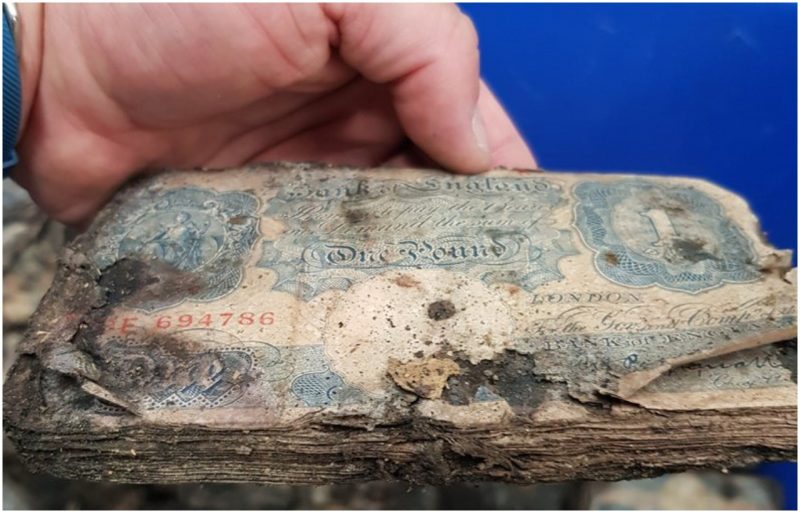Recently, someone in San Jose California got very rich. They won an estimated five-hundred million dollars in the lottery. Along with suddenly hitting it big in Hollywood, or developing an app or game that people “just have to have,” picking the lucky numbers in the lottery is about the only way to get rich overnight.
Oh, yes, and there is the unlikely event that a rich eccentric but previously unknown relative might leave you millions, just don’t get your hopes up.
In the mid/late 19th and early 20th century, cheap novels, magazines and newspapers were full or real or imagined ways to become rich overnight – because it seemed that almost every day there were people “striking it rich.”

That phrase is not an accident. That saying comes from mining, and while it’s hard to say for sure, it likely comes from the Gold Rush or silver craze of the 1800s. The phrase can also be applied to oil, which was fast becoming the most important resource on earth at the time.
Tens of thousands of people went out on their own to find oil. The books and articles of the time were full of plenty of people hitting oil and yelling “It’s a gusher” or “Eureka,” though it’s hard to believe that anyone actually stopped and did that.
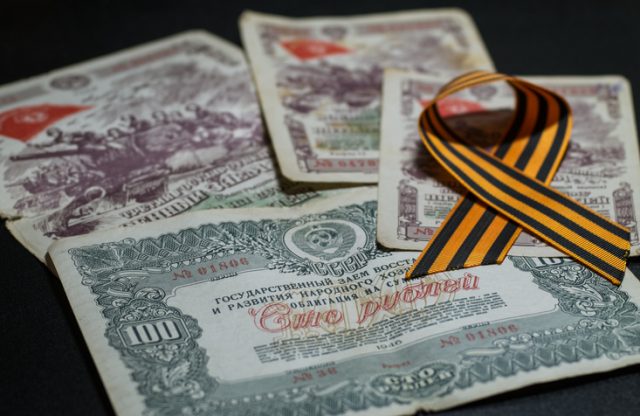
In June 2018, workers in Brighton, England, were removing boards and tiling from a sporting goods store when they noticed something odd. The workers at first thought they had found a big chunk of moldy wood, but when they picked up a piece, they realized it was a one-pound note.
Things you may not know about Sir Winston Churchill
As the men looked about, they noticed more and more of them, until thirty piles of cash were found. Most of the stacks were stuck together, and some of the top ones had frayed edges, but the bills amazingly were in good enough shape to read. They had been printed just before and during World War II!
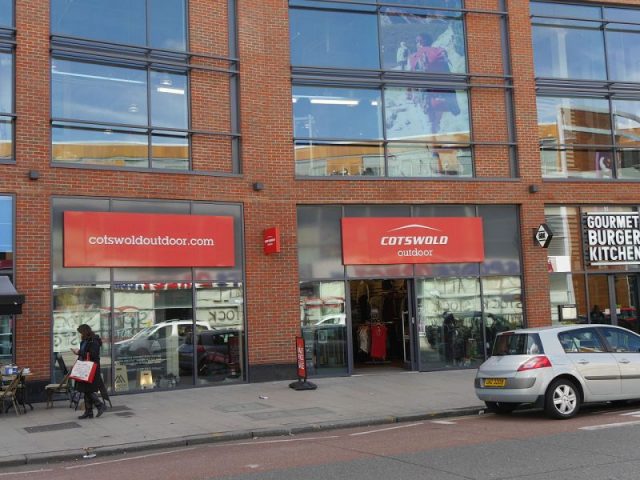
Exactly how and why the bills got there is a mystery, but one man has some insight. His name is Howard Bradley, and during the war and before, his family owned the business that had been where Cotswold Outdoor sporting goods is today.
That business was a haberdashery and furrier and included such names as Winston Churchill and his wife as their customers. Many among England’s elite had hand tailored clothes and furs made there.
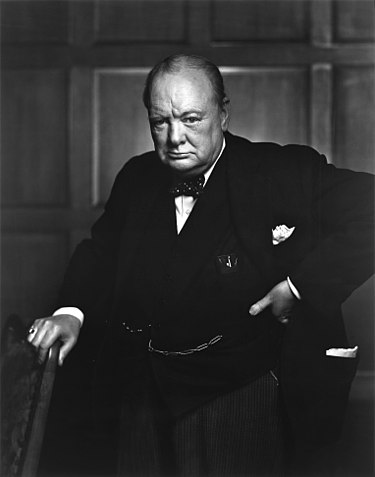
Brighton is on the south coast of England. Right in the path of any expected German invasion route, and the Bradley family had Jewish ancestry. They no doubt would have been targets if Britain had fallen. Additionally, it’s not entirely out of the realm of possibility that the Germans would know of the family and their ties (albeit tenuous) to the elite of the country – who knows what information might slip out in casual conversation?
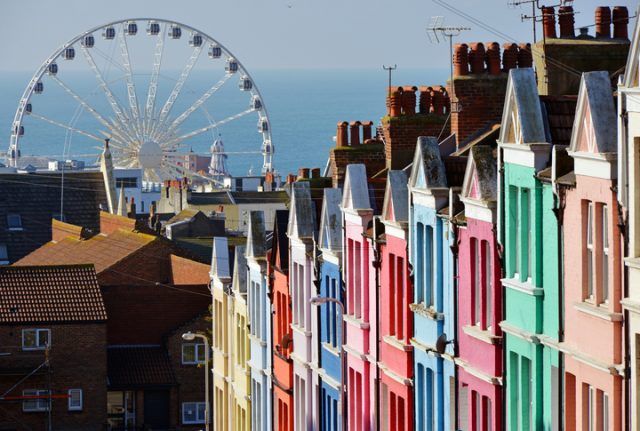
Howard Bradley’s father and uncle, the two family heirs, were off fighting the Germans already in 1940. It is not too much of a stretch of the imagination to think that perhaps the Bradley’s were putting money away in case they needed it to make a quick getaway – banks would not have been open if an invasion was happening.
Howard also believes that his parents might have put the money aside to have easy access if needed to help friends and family if things got worse. As to why the bills were left there and not retrieved, there is no ready answer other than in the heat of war, with the Blitz and subsequent events, the money was simply forgotten.
What happens now? It’s up to the English government. The bills are in the custody of the police and the matter is still open. How much would the bills be worth if they were honored? At least $2 million.
Matthew Gaskill holds an MA in European History and writes on a variety of topics from the Medieval World to WWII to genealogy and more. A former educator, he values curiosity and diligent research. He is the author of many best-selling Kindle works on Amazon.
